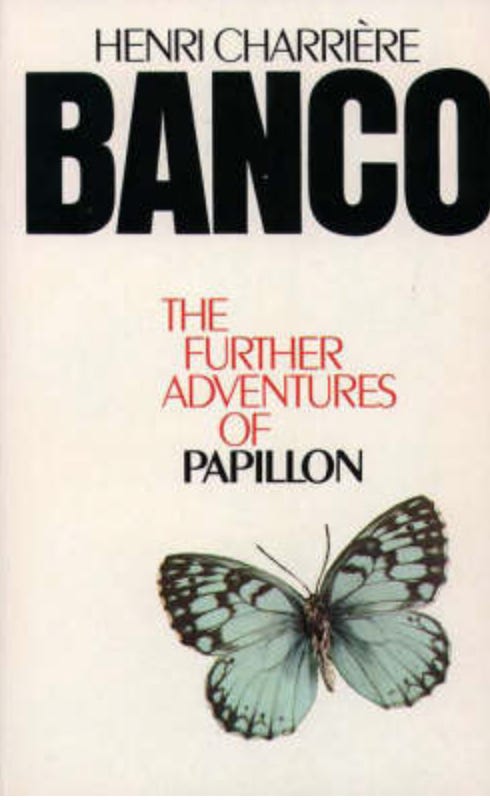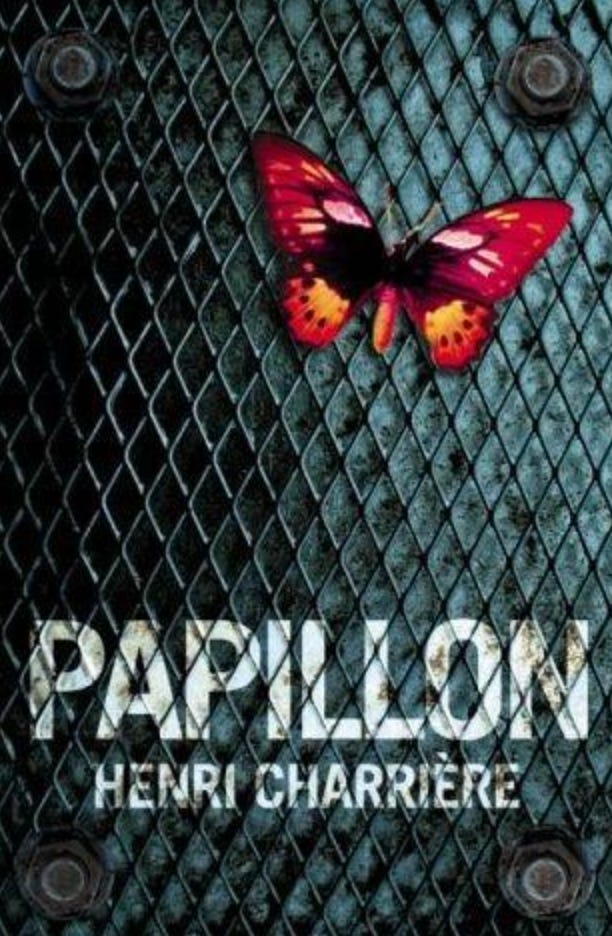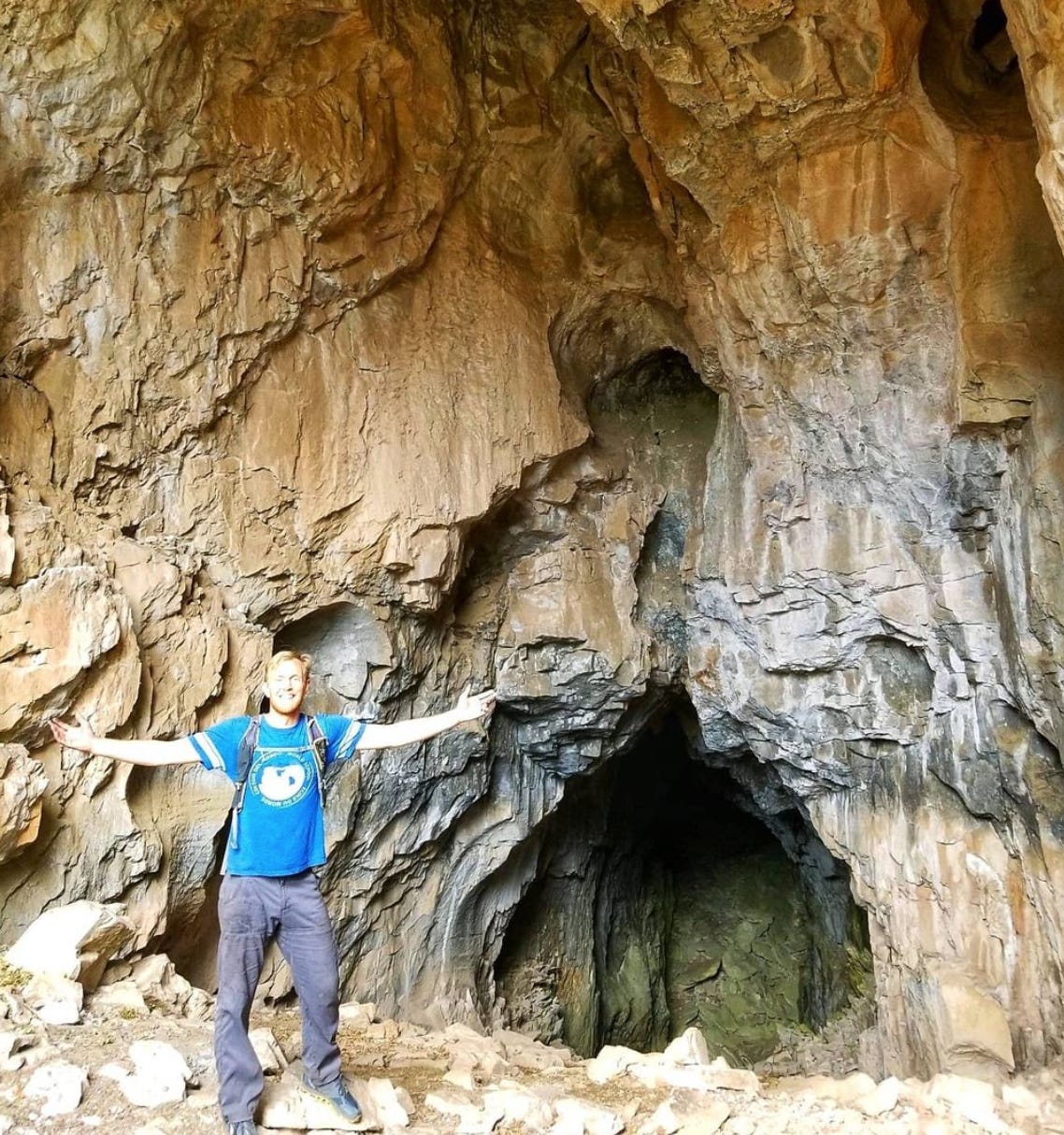
Hello, my friends! Another week has come and gone, and we continue to head farther and farther towards a COVID-controlled world. Cases are on the decline, the sun is shining, and people are out and about! I’m loving this feeling :)
I’d love to hear from you! How are you recovering? How is your summer so far? How is the COVID situation where you are?
Reply directly to this email and let’s have a chat! I welcome all reader responses.
Quote of The Week:
“Our capacity to destroy one another is matched by our capacity to heal one another. Restoring relationships and community is central to restoring well-being.”
-Bessel Van Der Kolk, M.D.
A great book I read this week:
Banco: The further adventures of Papillion by Henri Charierre.

Banco is the sequel to the incredible bestseller Papillion written by Henri Charierre about his wrongful conviction and time spent in a French penal colony (and eventual escape). It was made into a movie starring Remi Mallek a few years ago (though the film only told a minuscule part of the story).

I love Papillion and Banco for the same reason I love Shantaram and The Mountain Shadow. These books are priceless portraits of times and places that we don’t have access to anymore, told by people who were taking everything in because they couldn’t help but be aware of their surroundings: escaped convicts.
Papillion takes us to horrifying places, like a French penal colony in the 1930s. It also takes us to beautiful places, like the coast of Colombia with the native tribe that took Cherriere in. It shows us a corner of the world we don’t often think about in the historical record, because the western world was involved in depressions and wars.
I love these books so much because we see two men with strong moral compasses trying to be good in a world that has written them off as useless and imprisoned them. The protagonists of Shantaram and Papillion are constantly asking “how can I survive, thrive, and be a good man when the world won’t let me?”
Against the backdrop of their amazing adventures, any of these books will transport you to a different time and place, and give you something to believe in.
I didn’t listen to any podcasts this week, as I’m not commuting anymore. Currently finding ways to build them back into my routine.
And Now: The Good News Story of The Week!
The U.S. faced immense struggles in 2020, battling economic and political uncertainty in the midst of the pandemic. Despite these challenges, Americans rose to the occasion in record numbers.
According to the Giving USA Foundation’s annual report, an analysis of tax data for 128 million American households, Americans donated $471 billion to charity in 2020, beating the previous year’s 448 billion by 5.1%, or 3.8% when adjusted for inflation. Charities that work with people in need and campaign for civil rights/social justice, such as United Way, were the biggest beneficiaries.
The greatest increase in giving came from small-scale donors. Donations under $250 saw the greatest increase, as average Americans stepped in to fill the deficit left by large corporations (corporate philanthropy fell by 7.3% during 2020, despite a booming stock market).
More than half of Americans donated time or money to those less fortunate in 2020. Google searches for the word “volunteering” went up by 500% in the early days of the pandemic.
In August of last year, LinkedIn released a report showing how many people added volunteer activities to their profiles. U.S. members added more than 110,000 per month after the start of the pandemic, doubling the 2017 rates. These were the ten charities with the biggest surge in volunteer activity, according to their report:
Crisis Text Line
American Red Cross
Toastmasters International
Big Brothers Big Sisters of America
Boy Scouts of America
Team Rubicon
Habitat for Humanity
Meals on Wheels America
Rotary International
Volunteer Income Tax Assistance (VITA)
Gen-Zers were the most likely to volunteer out of all age groups.
There were some losers, however. Arts and culture nonprofits and not-for-profit hospitals and disease-specific organizations saw a decline in donations.
Arts/culture organizations tend to see declines in donations during economic crises as resources are put towards more immediate needs. Disease-specific organizations received less as more went to fund COVID-specific research. These organizations also tend to raise money through in-person events, such as runs and galas, which could not be organized in quarantine.
Overall, more time and money were given than ever before in the U.S.
One of the most interesting instances of giving last year came from the Reddit group #WallStreetBets, who donated more than $300,000 of the money they made betting against hedge funds to wildlife conservation. It was given to the Dian Fossey Gorilla Fund, which takes care of a host of wild animals in The Democratic Republic of The Congo and Rwanda.
Contrary to popular belief, crises tend to bring out positive human traits. It will be interesting to see what happens to charitable giving in 2021 as the world returns to normal.











